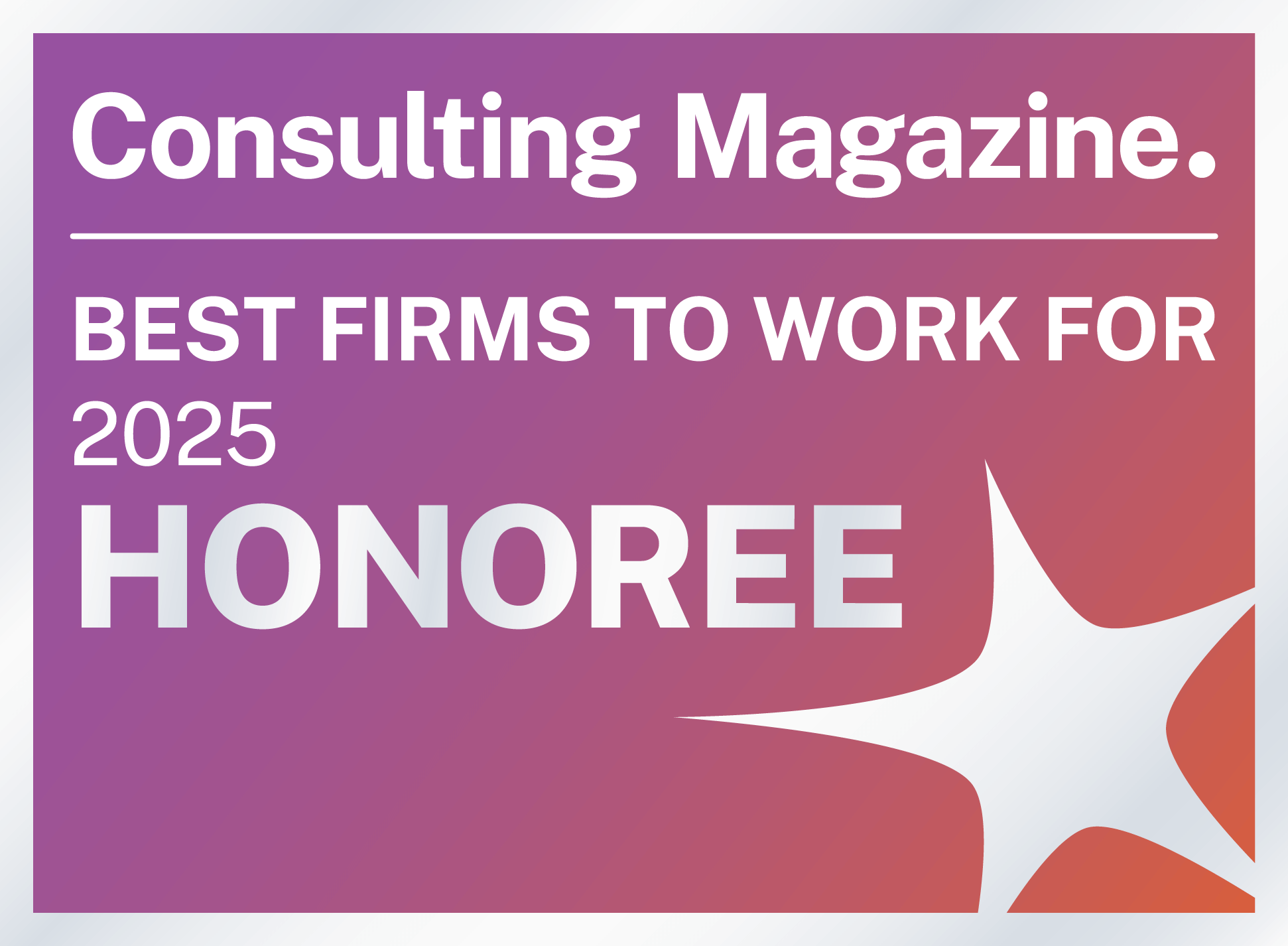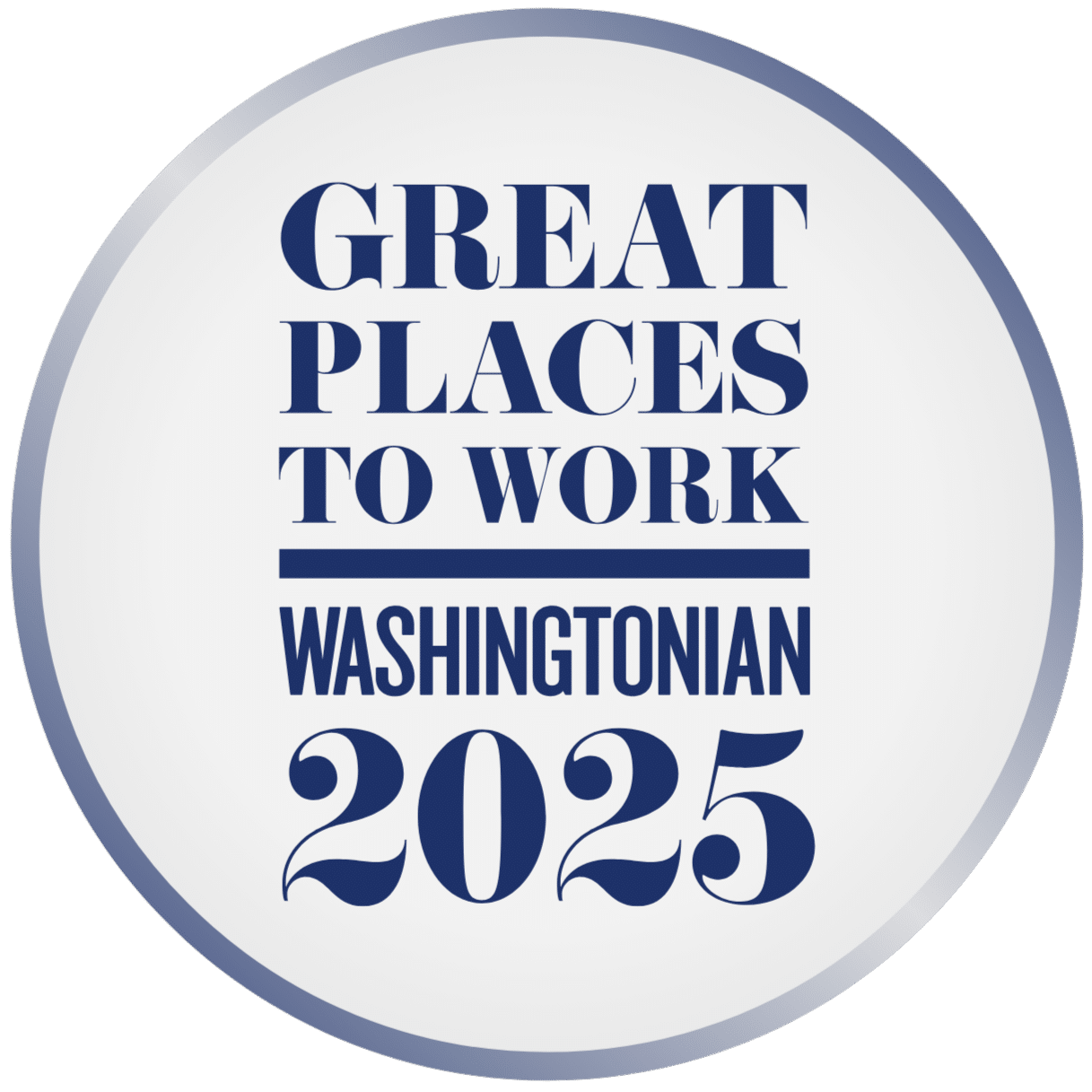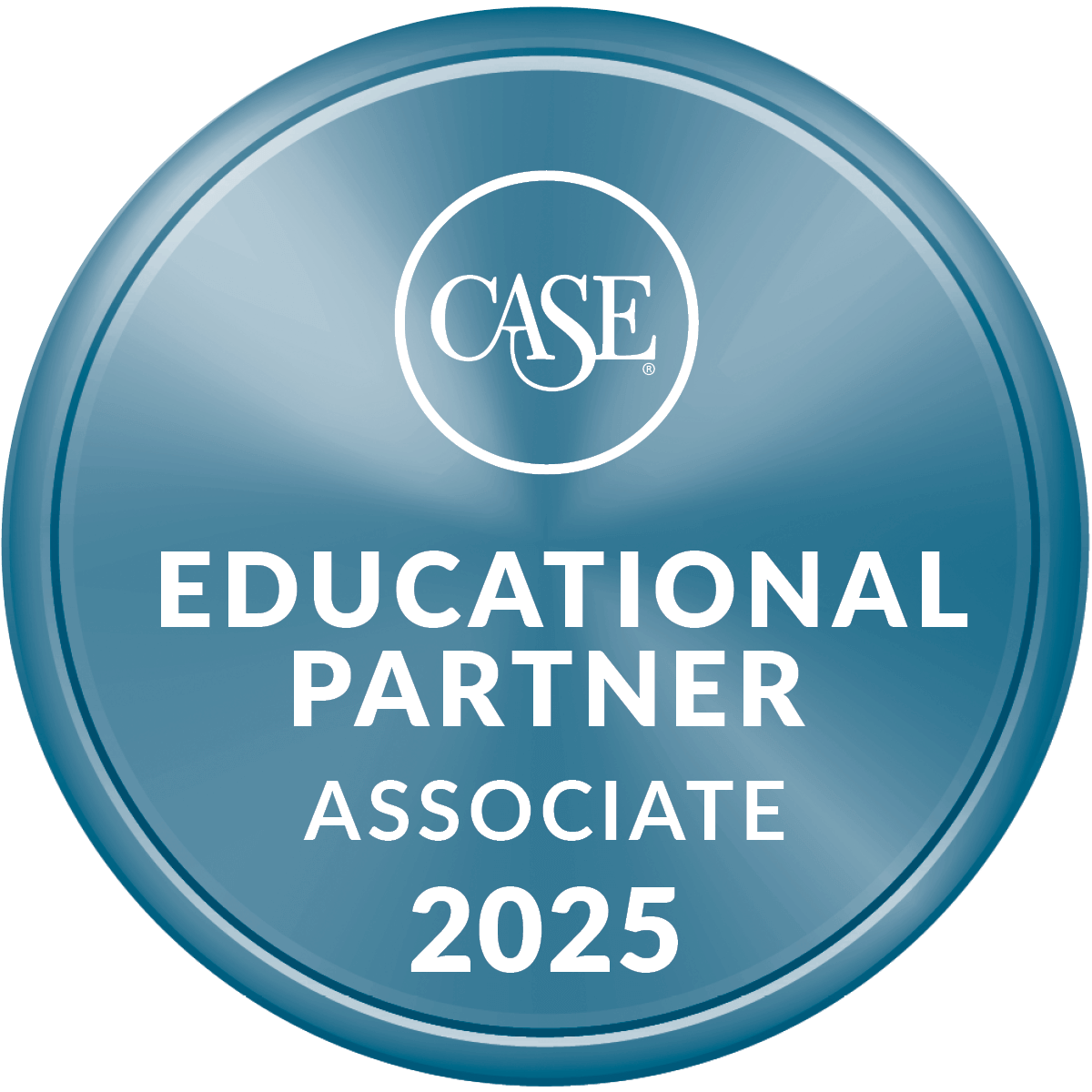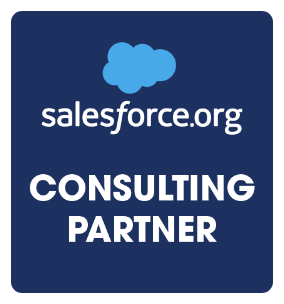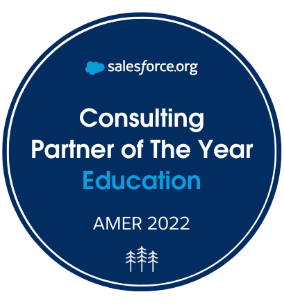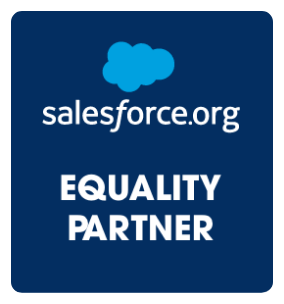
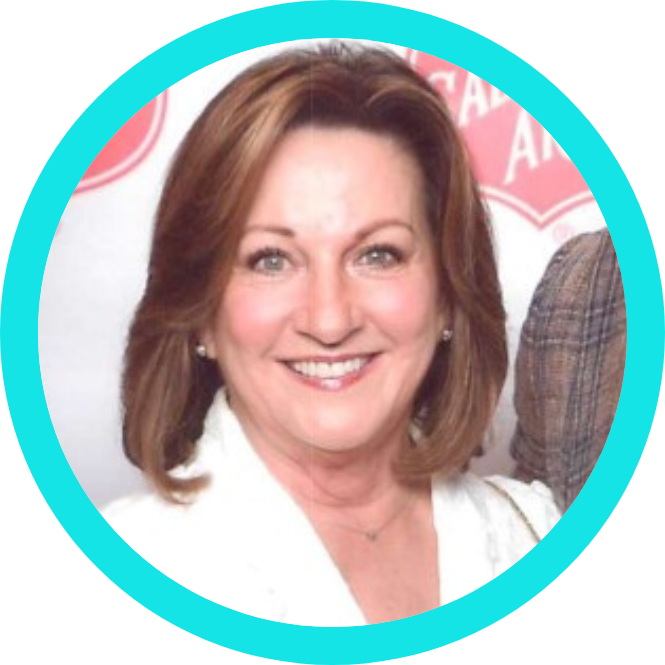
Get to Know Seasoned Higher Education Leader, Dr. Susan Wyatt Sedwick
In the ever-evolving landscape of research administration, the role of a Certified Research Administrator (CRA) stands as a beacon of professionalism and expertise. At Attain Partners, our team of research administration experts brings decades of direct experience working in education and a proven track record of serving the nation’s top colleges and universities. With pride, we serve over 70 of the nation’s top 100 research institutions, including 100% of the Ivy League schools, through a comprehensive range of research enterprise services.
Dr. Susan Wyatt Sedwick, Senior Consulting Specialist at Attain Partners, is an exemplary figure in the field of research administration. She stands as a testament to the crucial role research administrators play in the dynamic research ecosystem, contributing to the success of research projects and initiatives while championing the importance of professional development and staying abreast of industry best practices. From educating colleagues on export controls compliance to mitigating research misconduct, Susan’s contributions are numerous and create a tremendous impact on the higher education research administration community.
Learn more about Susan below and mark your calendar for her upcoming sessions to learn from her directly.
April 25, 2024

April 24 – 26, 2024

May 7 – 10, 2024

Attain Partners (AP): What inspired you to become a Certified Research Administrator?
Susan Wyatt Sedwick (SWS): In the early 2000s, I had a new associate director who wanted to start a CRA incentive program that rewarded certification. At that time, many senior research administration leaders were quite skeptical about the veracity of the test, so I thought I should find out for myself. I was already an associate vice president at an institution where I planned to stay so I had nothing to gain. However, I had to be able to vouch for the test to get the funding for the program. Once I had approval for the incentive program, we implemented a study group to help staff prepare for the test. If the employee successfully completed the study program which was also designed to promote team building across pre- and post-award teams, the institution would pay for the testing fee upfront. Passing the CRA also resulted in an automatic pay increase that was sizable enough to incentivize our staff to study for and take the test. That program yielded an almost 100% pass rate. I have since instituted two CRA programs and career ladders that accelerate promotion if someone has their certification.
AP: How has your role as a CRA contributed to the success of research projects or initiatives for our clients?
SWS: One of the programs I helped initiate as mentioned above was at Seattle Children’s Research Institute (SCRI). When I arrived, the organization only had one position description against which they were hiring making it extremely difficult to attract senior-level grants and contracts administrators—people we desperately needed. A team from the Center Business Operations (CBO) office worked with HR to build a career ladder around four levels of positions ranging from entry to supervisor. Promotion to the next level was accelerated if the individual had certification. I have also presented widely on building career ladders and lattices that place great value on the CRA.
AP: What qualities or skills are essential for a successful CRA?
SWS: In my opinion, degrees and certifications demonstrate initiative, perseverance, and drive to be recognized as a professional. One of the tenets of a profession is a licensure or certification examination. The value of the CRA exams should not be underestimated because that is in large part why we can call ourselves research administration “professionals.” When I arrived at UT Austin in 2006, I was the only CRA on campus. We opened up our study group to everyone on campus which helped us create common understandings and better working relationships with our departmental colleagues. That program has resulted in over 120 new CRAs who benefitted from this program. I estimate the programs I was involved in initiating have resulted in over 150 new CRAs since 2002. I am extremely excited that Attain Partners has placed value on the attainment of the CRA as this shows our dedication to professionalism in all we do.
“I am extremely excited that Attain Partners has placed value on the attainment of the CRA as this shows our dedication to professionalism in all we do.“
Dr. Susan Wyatt Sedwick, Attain Partners
AP: How do you stay updated with the latest developments and best practices in research administration?
SWS: I stay informed by utilizing all the free access to the Council on Governmental Relations (COGR) and Federal Demonstration Partnership (FDP) websites. You can learn a lot by reading the letters submitted by COGR on proposed rulemaking. I also read the Chronicle of Higher Education to keep abreast of what is happening in the wider world of higher education (Note: a digital subscription that gets you a daily digest is only $119). As a member of both SRAI and NCURA, I also peruse the weekly digests and do additional research on topics of interest to my practice. When developing new topics for presentations at professional meetings, I look at emerging issues that challenge me to broaden my knowledge on that topic. And I do the research which keeps my interest in the field energized.
AP: How did you prepare for the exam? How did you feel after learning you passed? What advice would you give to someone aspiring to become a Certified Research Administrator?
SWS: There were no study groups when I sat for the exam and I didn’t really have a lot of time to prepare, but I read through the entire Best Practices guide published by NCURA to assess whether it could be a good “textbook” for our study group and that served as a great refresher for me. I was fortunate in taking the exam after I had experience in most areas of research administration. Today, I would encourage anyone taking the exam to join a study group or even form a small group on their own. Both NCURA and SRAI have great online resources available that can provide great basic knowledge and refresher training. I am greatly appreciative of those at Attain Partners who facilitated the study group this past year. This demonstrates leadership since once a leader reaches a new level, their job is to turn around and help others behind them to climb the ladder with them.
Susan’s journey serves as a testament to the transformative power of dedication, knowledge, and leadership. Through initiatives that reward certification, promote team building, and accelerate career progression, Susan continues to leave an indelible mark on the field of research administration.
Read the latest insights from our Research Enterprise practice here.

Learn more – Susan Wyatt Sedwick
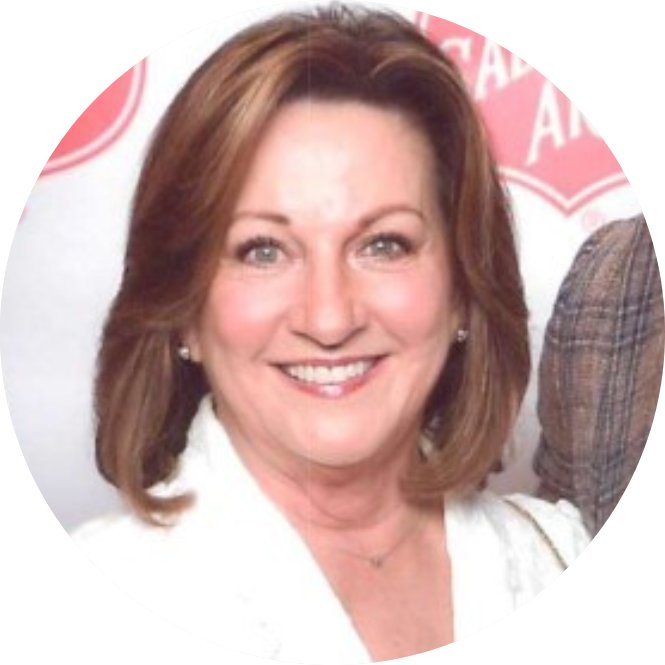
Dr. Susan Wyatt Sedwick joined Attain Partners when she retired in 2015 as an associate vice president for research and director of the Office of Sponsored Projects at The University of Texas at Austin, where she was responsible for both pre- and post-award financial administration units and export controls compliance. She received her Ph.D. in Higher Education Administration from Texas A&M University and is a Certified Research Administrator (CRA). She has served as an adjunct professor for the masters of research administration programs at Johns Hopkins University and Rush University and held previous academic appointments as a clinical professor in the Department of Educational Administration for the Higher Education Administration Program at The University of Texas at Austin and as an adjunct professor at The University of Oklahoma, Norman.
Dr. Sedwick is a frequent speaker on the topic of science and security, export controls as they apply to universities, improper influence, human capital development, and strategic planning. She has authored numerous publications, including the chapter on export controls included in the NCURA/AIS publication, Sponsored Research Administration: A Guide to Effective Strategies and Recommended Practices, and served as the lead author of the SRAI LevelUp micro-credentialing module on Award Acceptance and Negotiation. She has been recognized by the Society of Research Administrators International (SRAI) with its Excellence Award and as a Distinguished Faculty. NCURA has honored her with Distinguished Service Awards at both the national and regional levels.
She is a graduate of Leadership Texas, a past trustee for the Texas A&M University-Kingsville Foundation, and founding president of the FDP Foundation. She is co-chair of the National Science Foundation Business and Operations Advisory Committee. She was recognized as the 2012-2013 distinguished alumnae by the Texas A&M University-Kingsville Dick and Mary Lewis Kleberg College of Agriculture, Natural Resources and Human Sciences Hall of Honor.







